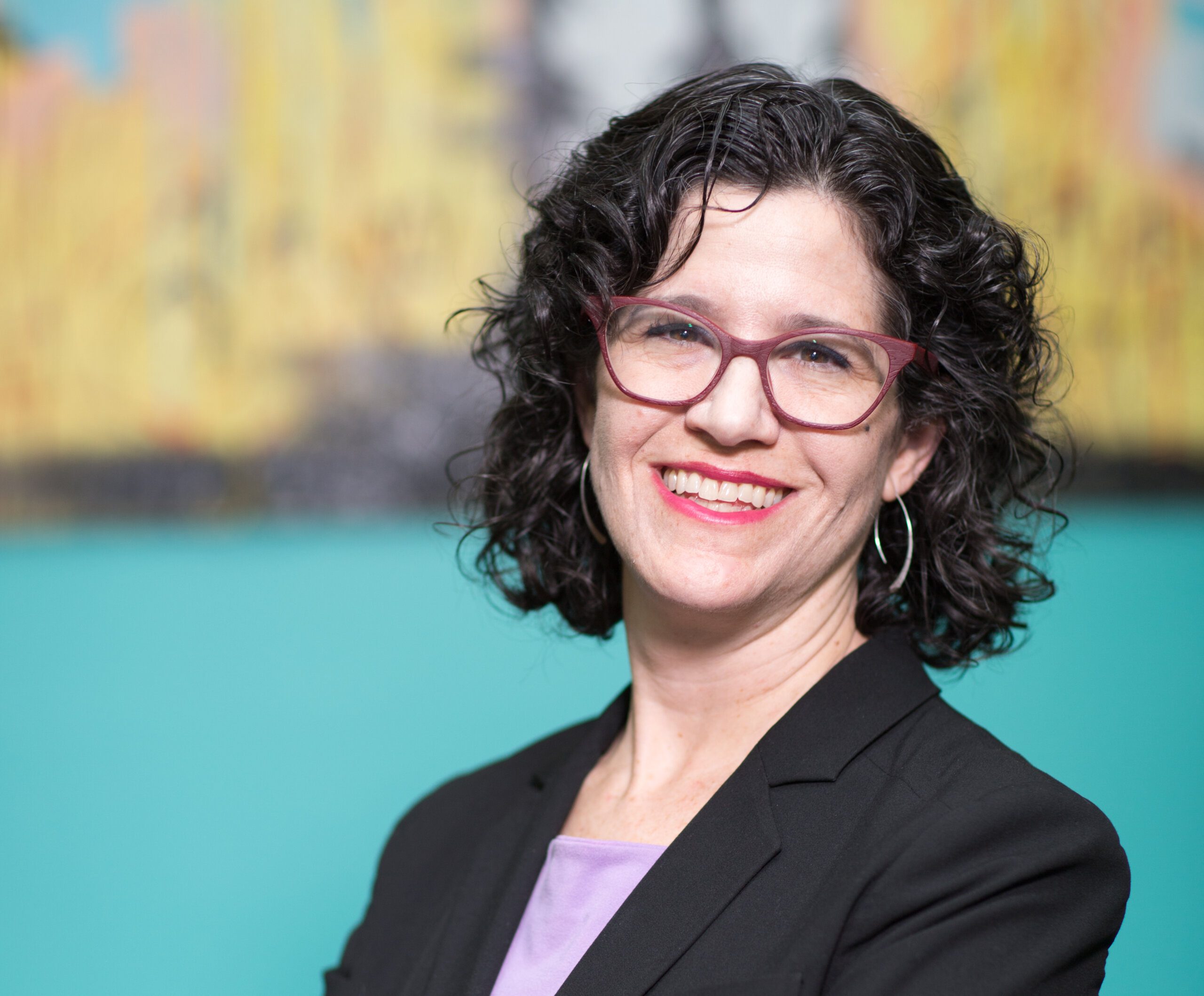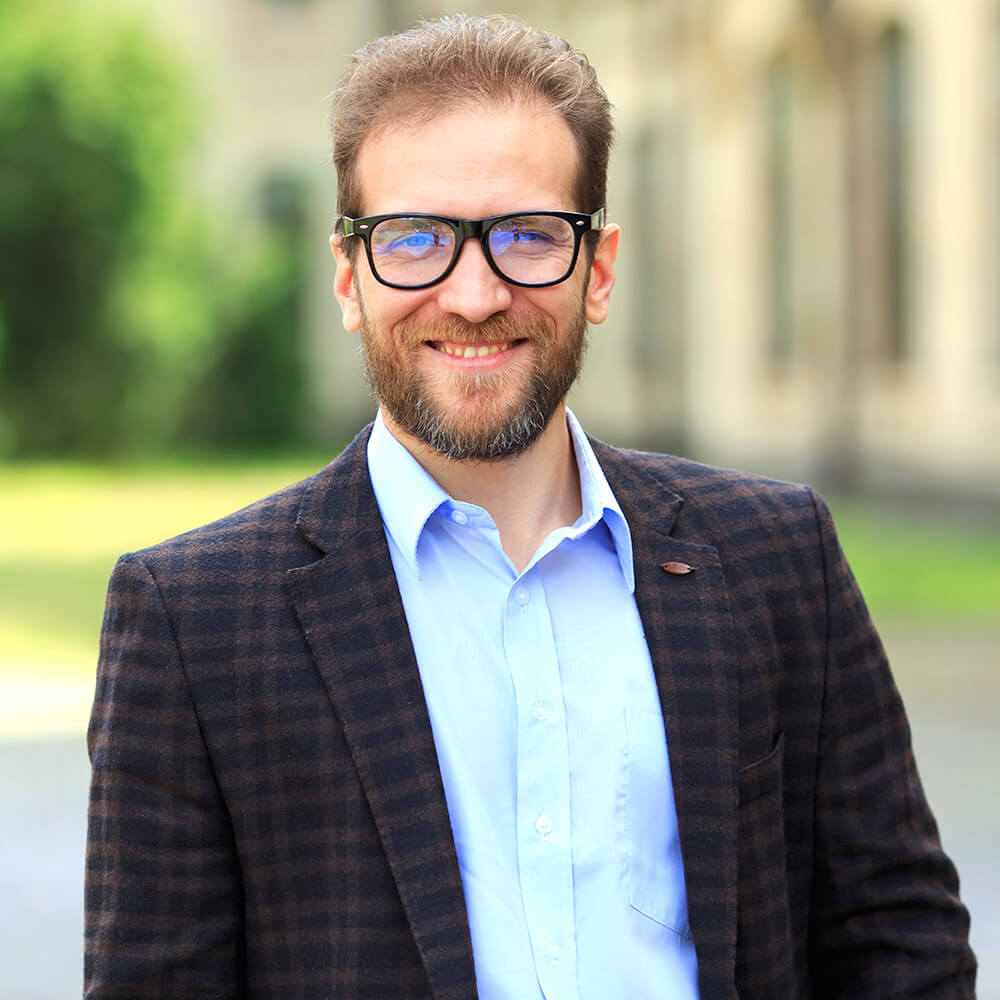The Sustainable Leadership concentration applies a strengths-based approach to fostering the essential individual leadership and communication capabilities needed for business and public administration managers. These capabilities support collaborating, influencing, and acting as an effective change agent for sustainability and social justice in any business, organization, or community. You’ll develop essential communication approaches and reflective practices to prepare you to deal successfully with conflict, virtual leadership, and the complex change management challenges in our evolving business climate. Individual and team effectiveness will be enhanced through self-assessment, feedback, and practice in a supportive environment. The program will also explore the meaning of leadership as it has evolved and will reveal new roles required to facilitate effective organizational and social transformation toward sustainability.
Courses:
- MBA610: Systems, Sustainability, and Social Justice (4 units)
- MBA620: Cultivating Leadership Capacity (4 units)
- MBA630: Leading Organizations and Change (prerequisite: MBA620) (4 units)
Course Descriptions:
- MBA610: Systems, Sustainability, and Social Justice –
This first term course helps students understand the context within which business and government operate and what is unsustainable about our practices, policies, and mental models. The context includes understanding current events and trends in public policy, the myriad of complex social, environmental, and economic issues facing society, and some of the historical context of all of this. Students apply all of these concepts to a particular issue of their choice and do a deep study of that issue and the system within which it resides. As part of this process, students develop and apply research methods, data analysis, stakeholder engagement strategies, systems thinking, and presentation skills.
Lectures and readings provide an overview of the critical literacies in economic, financial, environmental, and social justice issues, the history of the sustainability movement, including the various social and economic movements from which the current practices of sustainability in business and society grew, and the key actors and the basic literature in the field. The course culminates in exploring business’ responsibility in embracing the quadruple bottom line and embedding the principles of sustainability, environmental stewardship, and social justice in strategic operations.
- MBA620: Cultivating Leadership Capacity
This is the first of a two courses exploring leadership capacities for complex change and transformation for self, teams, and organizations. This course will focus on leadership as a collaborative process and ongoing practice, guided by anti-racist, community, and feminist interventions that center justice, and honor our interdependence in relationship to each other and the environment. Embracing the leadership as practice paradigm where we respect process as much as outcome, the course will provide opportunities to build and refine leadership skills in service of developing strategies for sustainable engagement and complex change across sectors and among diverse stakeholders. By examining the political and social structures that contribute to our understanding of leadership, this course will encourage critical reflexivity and a willingness to sit in discomfort in service of re-imagining leadership beyond the confines of neoliberalism, white supremacy, and patriarchy. We will explore how to transform systems of power and privilege, cultivate dialectical humanism and the generosity mindset comprised of trust, empathy, hope, and resilience that will define what kind of change is possible.
- MBA630: Leading Organizations and Change
This course frames organizations as complex adaptive systems with purpose, structures, boundaries, and dynamics, whether for-profit, nonprofit, or community-based. It explores the influence of leadership in the overall dynamics of these complex systems and their emergent properties of organizational culture, employee engagement, people development, and environmental and social impact. Team dynamics are studied in the context of diversity, equity, and inclusion, and the development of higher levels of psychological safety, collaboration, innovation, learning, wellbeing, and performance. Change in organizations is explored as an ongoing and iterative process emphasizing fairness in change equity, decision-making, and communication. Students have the opportunity to practice Agile as a team project management process and Action Inquiry as a method for personal and team change. Students also get to design an organizational operating system to put people and the planet first and address the complexity needed to drive lasting social change.







